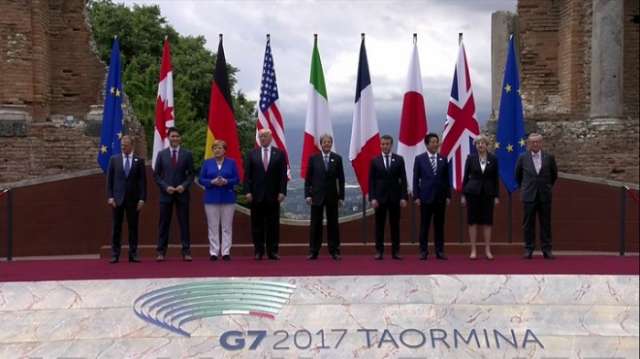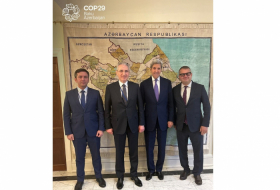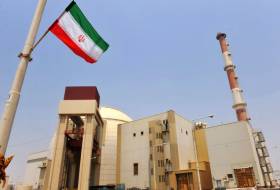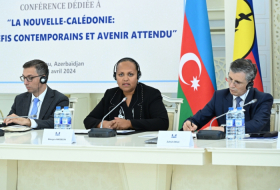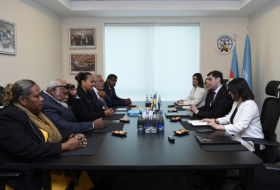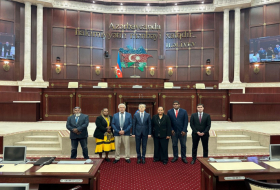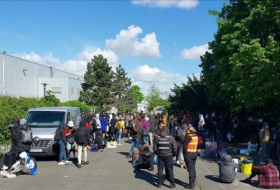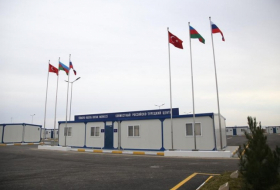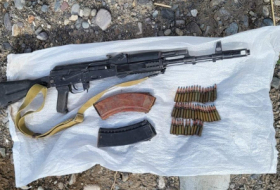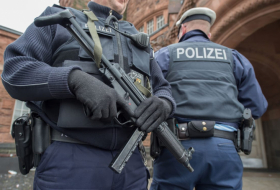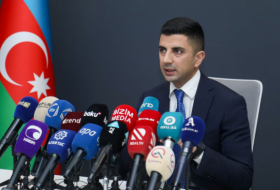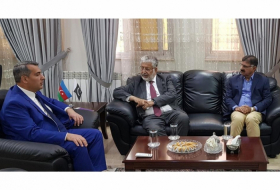The G7 consists of Canada, France, Germany, Italy, Japan, the UK and the US. The EU also has representatives.
Four of the group's leaders - including Mr Trump and British Prime Minister Theresa May - will be sitting around the table for the first time.
Fresh from his public dressing down of Nato leaders for not spending enough on defence, Mr Trump is expected to be just as ready to take on his G7 counterparts, the BBC's James Landale in Sicily reports.
There will be agreement on the need to do more to tackle violent extremism, and there will be serious discussion with Japan's prime minister about the threat from North Korea, our correspondent says.
What are the hot topics?
Disagreements are most likely to come over climate change and trade, our correspondent there says. Mr Trump will be urged not to abandon the 2015 Paris agreement to tackle global warming; and he will resist moves to limit protectionism in global trade.
Speaking ahead of the summit, White House economic adviser Gary Cohn predicted a "robust discussion" on both issues in Sicily.
During his election campaign, Mr Trump promised to leave the climate accord, but he has since postponed a decision.
"We know that the levels that were agreed to by the prior administration would be highly crippling to the US economic growth," Mr Cohn said, quoted by AFP news agency.
However, Mr Cohn said Mr Trump was "interested in what the G7 leaders have to say" and that he would decide when he returned home from the summit.
Other G7 leaders are also concerned that the US president might promote a protectionist agenda.
German weekly Der Spiegel quoted Mr Trump as saying in a meeting with European Commission President Jean-Claude Juncker on Thursday that Germans were "very bad" on its car sales to the US, and vowed to "stop this".
Mr Juncker later described the media reports as exaggerated, and said it was "not true that the president took an aggressive approach" towards Germany.
During his election campaign Mr Trump threatened customs duties in retaliation for Germany's trade surplus with the US, saying it owed "vast sums of money" to the US and Nato.
Mr Cohn sought to clarify the president's position on the eve of the summit.
"What the president means by free and open is, we will treat you the way you treat us, meaning if you don't have barriers to trade or you don't have tariffs, we won't have tariffs," he said, quoted by Reuters.
What about security?
The summit comes just days after Monday's deadly bombing in Manchester in which 22 people, including children, were killed.
Mrs May is expected to urge world leaders to do more to combat online extremism, saying the fight against so-called Islamic State (IS) is "moving from the battlefield to the internet".
The UK government has urged technology companies to do more to remove harmful content including extremist propaganda and bomb-making guides from their networks.
Mrs May is expected to lead Friday's discussion on security and counter-terrorism but will cut short her visit and miss the programme on Saturday.
The nuclear and missile threat from North Korea has already been discussed at bilateral meetings.
After meeting Japanese Prime Minister Shinzo Abe, Mr Trump said it was "very much on our minds" and a "big problem".
"At some point it will be solved, you can bet on that," he said.
What else has happened in Mr Trump's first foreign tour?
Addressing a Nato summit in Brussels on Thursday, Mr Trump warned that all members of the alliance should contribute more financially on defence.
Nato states' contributions are voluntary and a target of spending 2% of GDP on defence is only a guideline, but the US is concerned that members are not paying enough.
The bloc later agreed that member-states would report back annually on defence spending to Nato.
It also said it would take a bigger role in the campaign against IS militants, but France and Germany have insisted the move is mostly symbolic.
The G7 summit brings Mr Trump's first foreign tour as US president to a close. Earlier in the week, he said he was "more determined than ever" to pursue peace in the world after meeting Pope Francis at the Vatican.
Before that, he vowed to help Israelis and Palestinians achieve peace, as he ended the Middle East leg of his tour.
He began his foreign trip with a two-day stop in Saudi Arabia over the weekend, urging Muslim countries to take the lead in combating radicalisation.
More about: #G7








